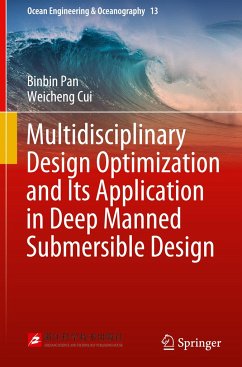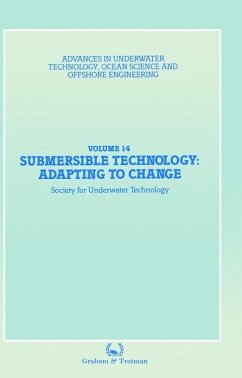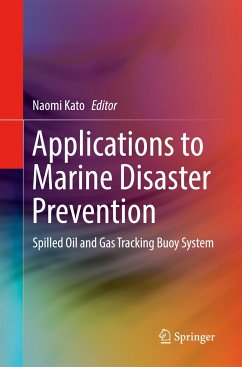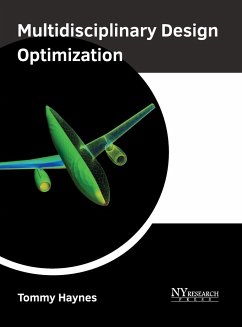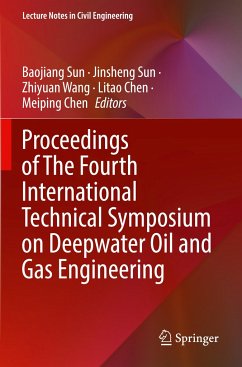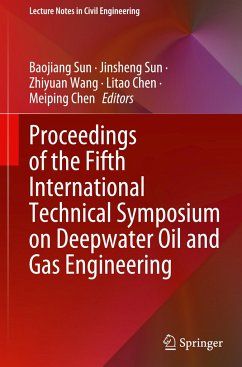
Multidisciplinary Design Optimization and Its Application in Deep Manned Submersible Design
Versandkostenfrei!
Versandfertig in 6-10 Tagen
121,99 €
inkl. MwSt.
Weitere Ausgaben:

PAYBACK Punkte
61 °P sammeln!
This book investigates Reliability-based Multidisciplinary Design Optimization (RBMDO) theory and its application in the design of deep manned submersibles (DMSs). Multidisciplinary Design Optimization (MDO) is an effective design method for large engineering systems like aircraft, warships, and satellites, which require designers and engineers from various disciplines to cooperate with each other. MDO can be used to handle the conflicts that arise between these disciplines, and focuses on the optimal design of the system as a whole. However, it can also push designs to the brink of failure. I...
This book investigates Reliability-based Multidisciplinary Design Optimization (RBMDO) theory and its application in the design of deep manned submersibles (DMSs). Multidisciplinary Design Optimization (MDO) is an effective design method for large engineering systems like aircraft, warships, and satellites, which require designers and engineers from various disciplines to cooperate with each other. MDO can be used to handle the conflicts that arise between these disciplines, and focuses on the optimal design of the system as a whole. However, it can also push designs to the brink of failure. In order to keep the system balanced, Reliability-based Design (RBD) must be incorporated into MDO. Consequently, new algorithms and methods have to be developed for RBMDO theory.
This book provides an essential overview of MDO, RBD, and RBMDO and subsequently introduces key algorithms and methods by means of case analyses. In closing, it introduces readers to the design of DMSs and applies RBMDO methods to the design of the manned hull and the general concept design. The book is intended for all students and researchers who are interested in system design theory, and for engineers working on large, complex engineering systems.
This book provides an essential overview of MDO, RBD, and RBMDO and subsequently introduces key algorithms and methods by means of case analyses. In closing, it introduces readers to the design of DMSs and applies RBMDO methods to the design of the manned hull and the general concept design. The book is intended for all students and researchers who are interested in system design theory, and for engineers working on large, complex engineering systems.





